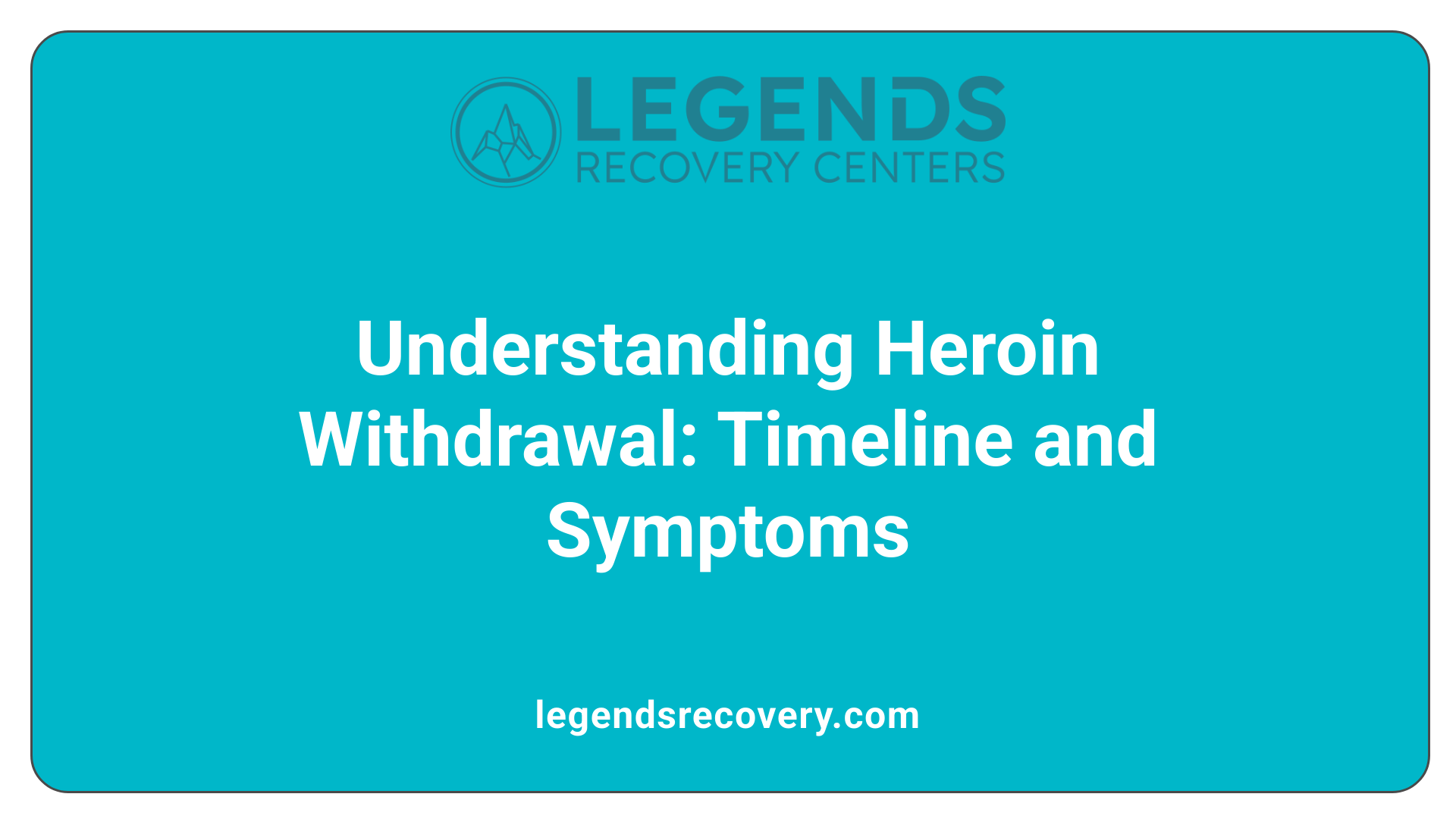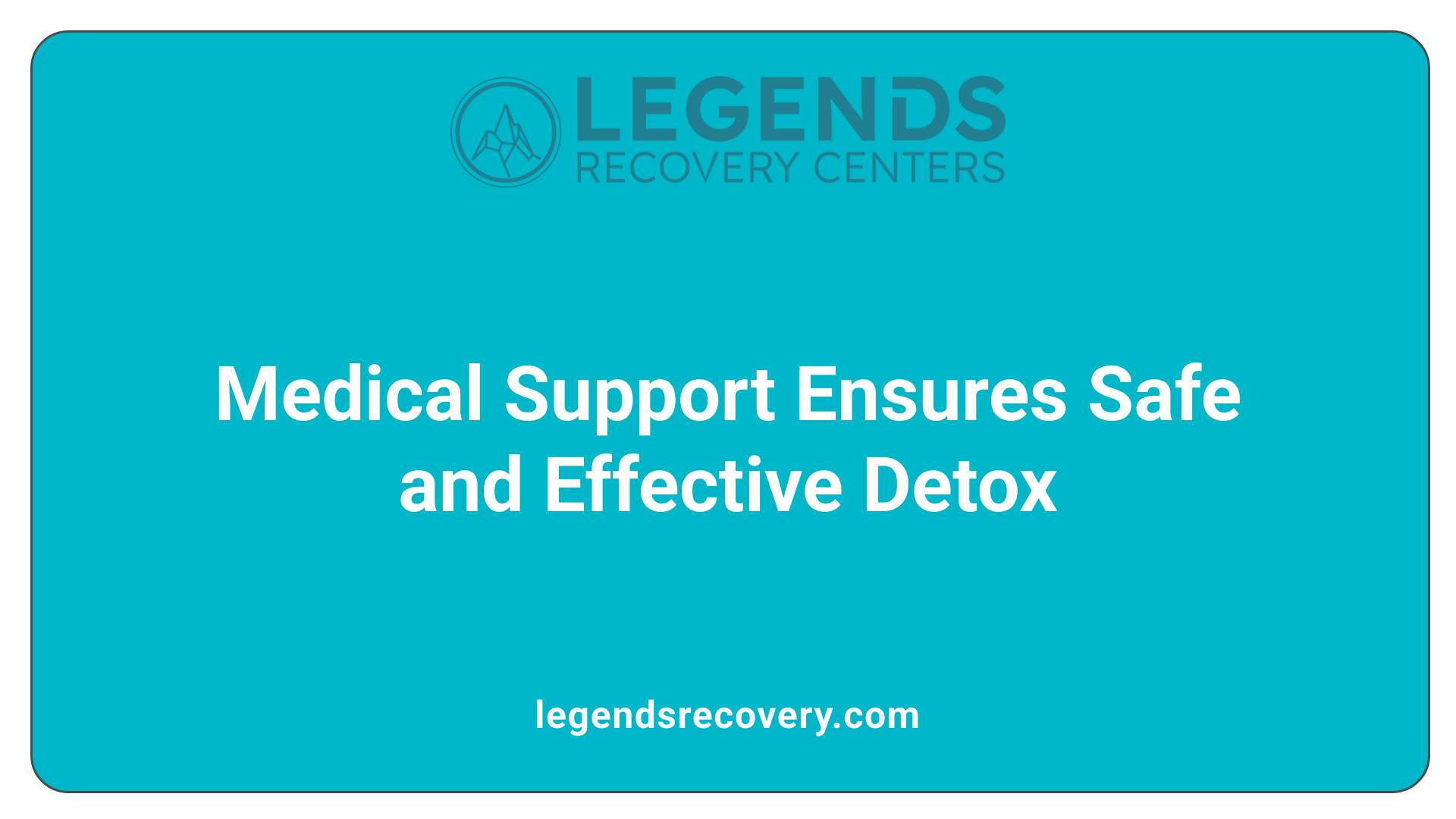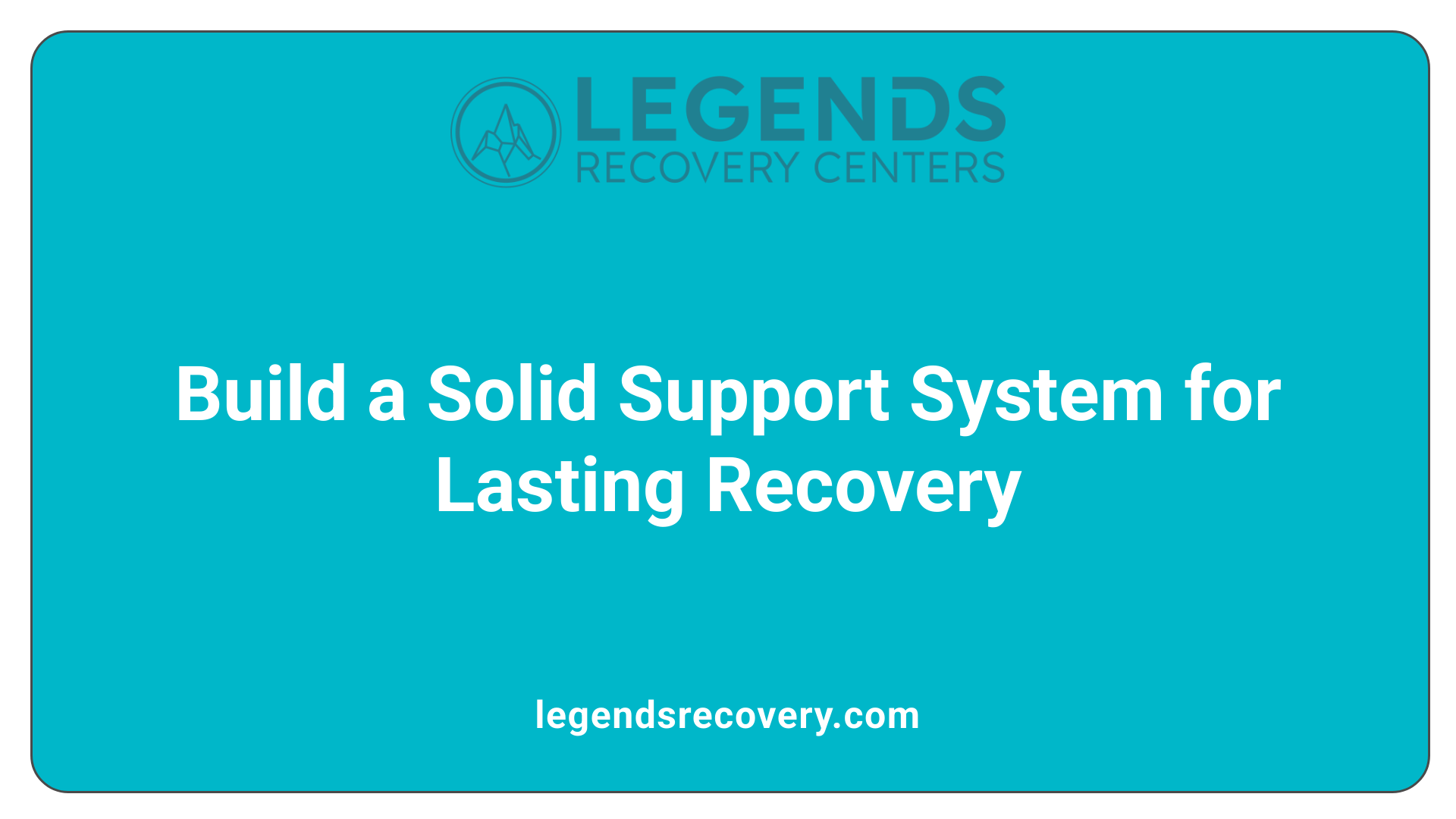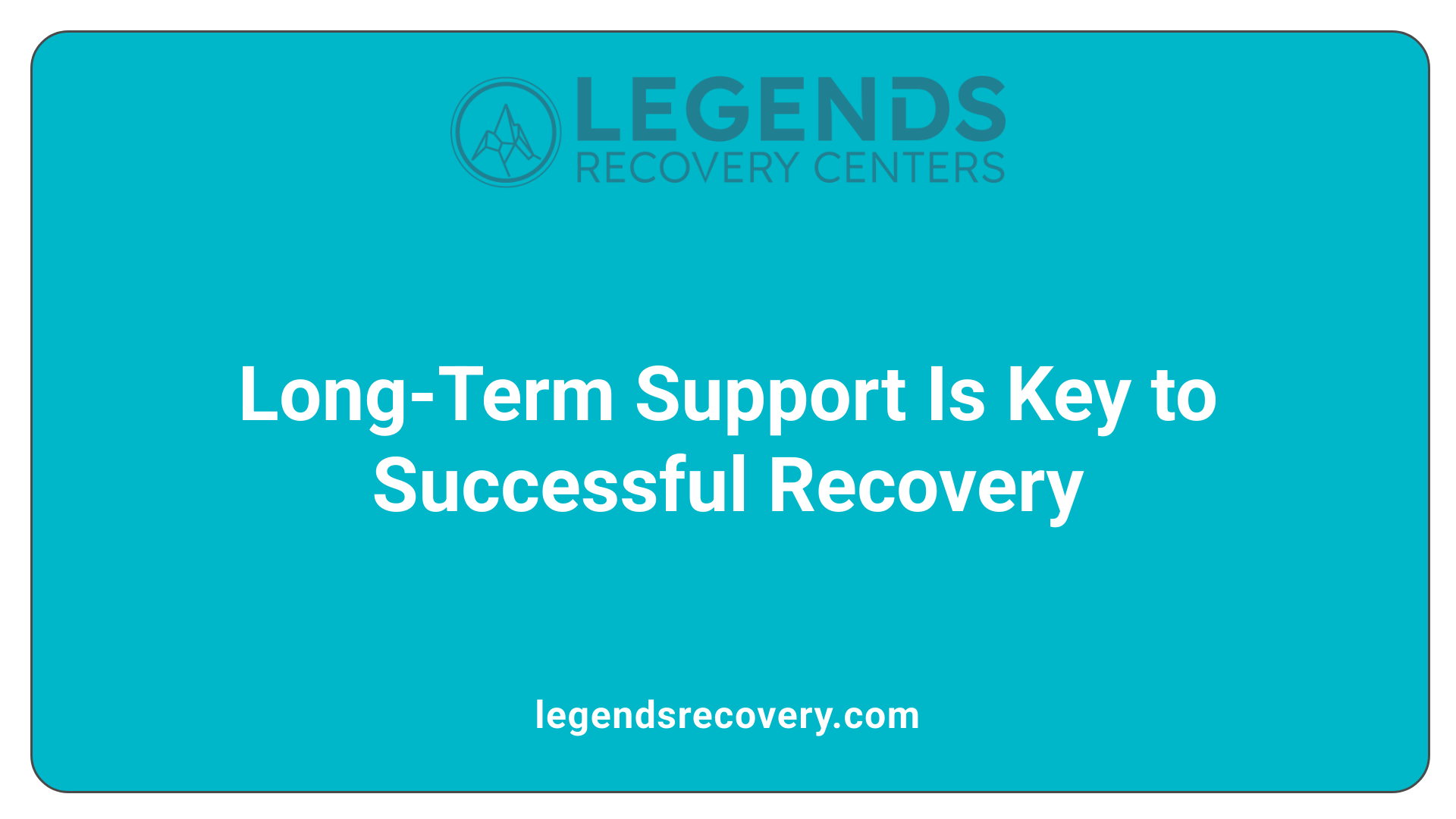Breaking Barriers: Navigating the Path to Heroin-free Life

Heroin withdrawal is often seen as the most daunting barrier to quitting, sparking fears of intense physical and psychological symptoms. However, understanding what withdrawal entails, the supportive medical treatments available, and effective strategies for managing symptoms can empower individuals to confront and overcome these fears. This article explores how to safely navigate heroin detoxification, emphasizing the importance of medical supervision, the role of medications, psychological support, and lifestyle strategies essential to overcoming the anxieties surrounding withdrawal.

Heroin withdrawal manifests as a range of physical and psychological symptoms that occur after stopping or reducing heavy heroin use. Common physical symptoms include muscle aches, stomach cramps, diarrhea, nausea, vomiting, hot and cold flashes, sweating, yawnings, teary eyes, runny nose, dilated pupils, goosebumps, and a racing heart. Psychological effects often involve anxiety, agitation, restlessness, mood swings, insomnia, and intense drug cravings. These symptoms reflect the body's attempt to readjust after dependence on heroin.
Withdrawal symptoms from heroin typically start within 6 to 24 hours after the last dose, often peaking around 48 to 72 hours. The physical symptoms usually begin to subside by days 4 to 7, but psychological symptoms such as mood disturbances and cravings may persist longer, sometimes for weeks or months. The total duration of acute withdrawal can range from 3 to 10 days, with some individuals experiencing post-acute withdrawal syndrome (PAWS), where mood swings, sleep disturbances, and cravings linger.
Physically, heroin withdrawal can cause significant discomfort, including muscle and joint pain, headaches, gastrointestinal upset, and temperature fluctuations. These symptoms are unpleasant but generally not life-threatening, aside from complications like dehydration or electrolyte imbalances in severe cases. Psychologically, withdrawal can lead to anxiety, depression, irritability, and a strong urge to relapse. These mental health challenges can hinder recovery if not properly managed. While most physical symptoms resolve within days, psychological effects may require ongoing support through therapy or support groups.
Effective management of heroin withdrawal involves seeking medical support through detox programs. Medications such as methadone or buprenorphine are often prescribed to lessen symptoms and curb cravings, usually under professional supervision. Hydration, nutritious meals, and proper rest support physical recovery, while counseling and support groups address emotional and mental health needs. Prompt medical intervention can reduce serious risks like dehydration, seizures, or psychosis. Combining pharmacotherapy with emotional support and lifestyle measures ensures a safer withdrawal process.
To minimize withdrawal discomfort and risks, individuals are advised to undertake detox under medical supervision, especially for prolonged or heavy use cases. Medical detoxification offers continuous monitoring, medication management, and crisis intervention if necessary. Maintaining hydration, adhering to a balanced diet, and engaging in relaxation techniques like breathing exercises or mindfulness support physical stability. Psychological strategies, including therapy and support groups, can help manage cravings and emotional distress. These combined approaches make the process safer and increase the chances of sustained recovery.

Withdrawal from heroin or other opioids involves a range of physical and mental symptoms that can be quite distressing. Expect to experience muscle aches, joint pain, headaches, nausea, vomiting, diarrhea, and abdominal cramps. Physical signs also include dilated pupils, excessive sweating, chills and hot flashes, runny nose, watery eyes, and goosebumps. Mood-related symptoms such as anxiety, agitation, restlessness, and intense cravings are common psychological responses.
Additional effects might include trouble sleeping, hot and cold flushes, tears, yawning, and low appetite. For some, symptoms like increased heart rate, high blood pressure, and tremors can occur. Although these symptoms are uncomfortable, they are typically not life-threatening, except in rare cases where dehydration or electrolyte imbalance happens due to prolonged diarrhea or vomiting.
The onset of withdrawal symptoms depends on the type of opioid used. For heroin, symptoms generally start within 6 to 24 hours after last use, with the peak occurring around 48 to 72 hours. Short-acting opioids like heroin or oxycodone tend to produce rapid onset symptoms, often lasting about 5 to 7 days.
In contrast, longer-acting opioids like methadone cause symptoms to develop more gradually, sometimes not appearing until 24-30 hours post-cessation, with withdrawal lasting a week or longer. The severity correlates strongly with the duration and amount of drug use.
Heroin withdrawal typically lasts between 5 to 10 days but can extend up to several weeks in some cases. Physical symptoms usually diminish after the peak, but psychological indicators such as mood swings, sleep disturbances, and cravings can persist for weeks or even months.
Protracted withdrawal symptoms, known as Post-Acute Withdrawal Syndrome (PAWS), include depression, anxiety, irritability, difficulty concentrating, and memory problems. These can interfere with daily functioning and require ongoing psychological support.
Most physical complications during withdrawal are manageable with proper medical care. However, the important long-term concern is the risk of overdose. After detoxification, the brain's tolerance decreases, making subsequent heroin use more dangerous. Continued treatment like counseling, medication-assisted therapy (MAT), and support groups are vital to sustain recovery and prevent relapse.
| Aspect | Description | Additional Notes |
|---|---|---|
| Symptom timing | Symptoms start 6-24 hours after last use | Peak around 48-72 hours |
| Duration of physical symptoms | Typically 5-10 days, sometimes longer | Long-lasting psychological effects |
| Long-term effects | Mood swings, cravings, sleep problems, risk of relapse | Support and therapy recommended |
Understanding and managing these symptoms with professional guidance can make the detox process safer and more tolerable, helping individuals move towards recovery.

Managing withdrawal symptoms effectively requires professional medical support. Medical interventions are especially critical when withdrawing from substances like alcohol, benzodiazepines, and opioids. Healthcare providers may prescribe medications that help alleviate physical discomfort and reduce cravings.
In addition to medications, gradual tapering of drug doses can minimize withdrawal severity. Supportive measures such as hydration, proper nutrition, rest, and relaxation techniques are vital in supporting recovery.
Psychological support through counseling and support groups helps address emotional distress, while family and friends' involvement provides essential reassurance. Close monitoring is necessary to prevent serious complications like seizures or psychoses, ensuring a safer and smoother detox process.
Combining medical treatment with lifestyle strategies allows individuals to better manage symptoms, reduce risks, and lay a foundation for ongoing recovery.
Withdrawal from opioids can often lead to feelings of anxiety and emotional distress, making the recovery process more challenging. Managing these symptoms requires a combination of professional support, personal strategies, and a supportive environment.
Counseling and therapy play vital roles in helping individuals cope with emotional symptoms during withdrawal. Engaging in talk therapy, especially cognitive-behavioral therapy (CBT), can assist in addressing underlying emotional triggers and developing healthy coping mechanisms. Support from trained mental health professionals ensures that emotional distress is managed safely and effectively.
Relaxation and stress-relief techniques are also beneficial. Deep breathing exercises, progressive muscle relaxation, meditation, yoga, and mindfulness can significantly reduce feelings of anxiety. Encouraging individuals to practice these techniques regularly can promote a sense of calm and control.
A calm, comforting environment and good nutrition are essential. Adequate hydration, balanced meals, and the avoidance of stimulants help stabilize mood and physical symptoms. Engagement in distraction activities such as hobbies, light exercise, or listening to music can divert attention from anxiety and enhance overall well-being.
Support from family and friends is crucial. Emotional reassurance and understanding from loved ones can provide comfort and motivation during difficult times. Involving family members in the recovery process through education about withdrawal symptoms can improve support and reduce misunderstandings.
It is also important to recognize that severe or prolonged anxiety may require medical treatment. Healthcare providers may prescribe medications like buspirone or antidepressants for managing persistent symptoms. For immediate relief from intense anxiety, short-term medication under supervision can be helpful.
Post-withdrawal, ongoing psychological support and therapy are important to prevent relapse and address any underlying mental health issues. Long-term outpatient therapy, support groups, and regular check-ins with mental health professionals form an integral part of sustained recovery.
In summary, managing withdrawal-induced anxiety involves a combination of professional support, stress management techniques, a supportive environment, and ongoing care. Educating oneself and loved ones about withdrawal symptoms fosters understanding and enhances the effectiveness of management strategies, laying a foundation for successful recovery.

Managing withdrawal from opioids like heroin is crucial for safety and comfort during recovery. Seeking professional medical help through detox programs is one of the most effective strategies. Medical detox provides a supervised environment where healthcare providers can administer medications such as methadone, buprenorphine, or clonidine to ease symptoms and prevent complications like dehydration, seizures, or severe anxiety.
Supportive care also involves maintaining good hydration and nutritional intake to help the body recover. Rest is equally important to allow physical and mental healing. Psychotherapy and support groups play vital roles in addressing the psychological aspects of withdrawal, such as cravings and emotional distress. Techniques like relaxation exercises, distraction, and mindfulness can help reduce anxiety and improve mood.
Combining medical treatment with psychological support creates a comprehensive approach to detox. This reduces the risk of relapse and minimizes physical discomfort. Overall, professional guidance, proper self-care, and emotional support are essential components to ensure a safe, manageable detox process and ongoing recovery.
Building and engaging with strong support networks significantly enhances recovery outcomes. Family involvement can offer emotional reassurance and practical help throughout detox and beyond. Support groups provide a platform for sharing experiences, gaining advice, and fostering motivation.
Adopting a healthy lifestyle is also beneficial. Regular exercise, sufficient sleep, a balanced diet, and avoiding stressors help stabilize mood and improve physical health. Living in a supportive environment free from substances reduces temptation and encourages positive habits.
Healthy routines and social engagement promote resilience and empower individuals in their journey to sobriety.
Self-care during withdrawal involves a range of activities aimed at promoting physical, mental, and emotional well-being. Techniques such as mindfulness meditation, deep breathing, and yoga can alleviate anxiety and enhance relaxation.
Maintaining a nutritious diet supports energy levels and healing, while staying hydrated prevents dehydration—a common concern during withdrawal. Establishing a routine that incorporates adequate sleep and gentle physical activity can also improve mood and reduce cravings.
Engaging in hobbies, journaling, or expressive arts can serve as healthy outlets for emotional expression and stress relief. Additionally, seeking ongoing professional support, whether through therapy or medication-assisted treatment, helps sustain recovery efforts.
In summary, combining medical intervention with lifestyle adjustments, social support, and self-care practices creates a strong foundation for overcoming withdrawal and embracing a long-term sober life.
 When it comes to overcoming heroin dependence, detoxification is only the first step. After the initial withdrawal phase, engaging in ongoing treatment is crucial for maintaining sobriety and preventing relapse.
When it comes to overcoming heroin dependence, detoxification is only the first step. After the initial withdrawal phase, engaging in ongoing treatment is crucial for maintaining sobriety and preventing relapse.
Continuing care options include medication-assisted treatment (MAT) with drugs like methadone and buprenorphine, which help manage cravings and reduce the chance of relapse. These medications serve as replacements for the drug, easing withdrawal symptoms and supporting long-term recovery.
Counseling and support groups offer essential emotional and psychological assistance. Individual therapy can help address underlying issues and teach coping strategies, while group support creates a community that understands the struggle and provides motivation.
Sustaining abstinence involves a multifaceted approach that combines medication, therapy, lifestyle changes, and ongoing support. Regular follow-up appointments enable healthcare providers to monitor progress, adjust treatments as needed, and address any emerging challenges.
Most importantly, understanding that long-term recovery is a process helps set realistic expectations and encourages continued engagement in support systems. Recognizing the risk of relapse due to decreased tolerance after detox underscores the necessity of comprehensive post-detox plans.
Incorporating sustainable habits such as healthy lifestyle choices, stress management, and avoiding triggers further fortifies recovery efforts. Education on overdose risks—especially during the early stages of sobriety—remains vital to ongoing safety.
In summary, post-detox treatment and long-term support form the backbone of successful heroin addiction recovery. They help rebuild the individual’s life, reinforce sobriety, and provide tools to handle life's challenges without resorting to substance use.
Successfully overcoming the fear of heroin withdrawal involves informed preparation, professional medical support, and a comprehensive approach that addresses both physical and psychological aspects of detox. Understanding that withdrawal symptoms, while sometimes uncomfortable, are manageable with appropriate medication, supervision, and support reduces the anxiety surrounding detoxification. Post-detox care, ongoing therapy, and lifestyle adjustments further reinforce long-term recovery. With the right resources, support networks, and a commitment to healing, overcoming the fear of withdrawal is achievable, opening the door to a healthier, heroin-free future.